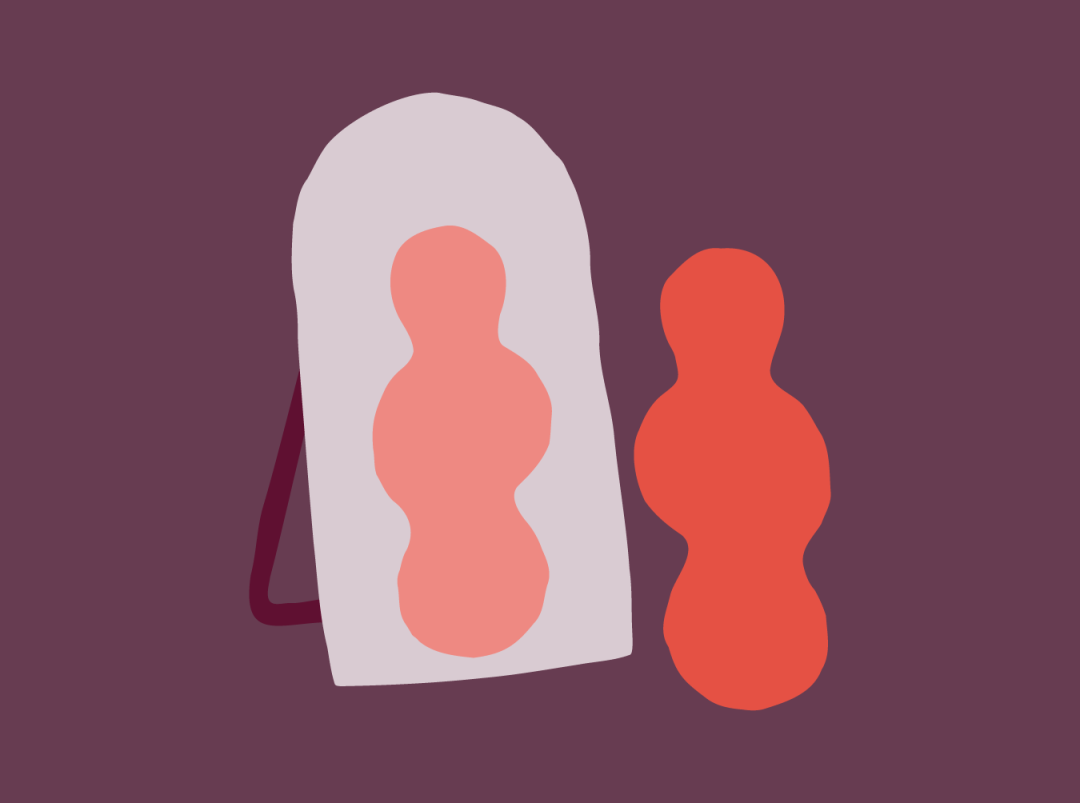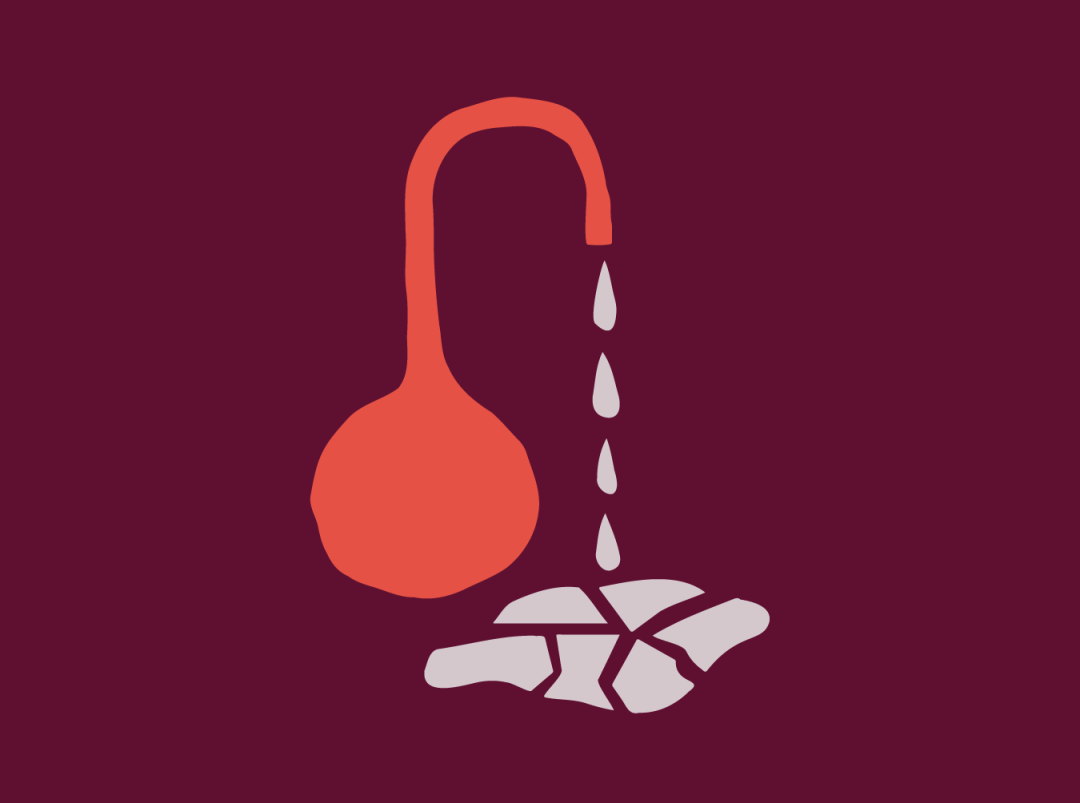#explainer
How to Prepare Your Child for Their First Period
health
·5 min read

by Team Thinx | 08/03/2023
Your young one is growing up, and their first period is a sign that their body is maturing. Soon, they'll be ready to embrace adulthood. This isn't just any period; it's a special one, filled with emotions and questions. As a parent, it’s helpful for you to offer support and understanding through every stage of starting a period.
We know that your daughter’s first period is a big deal, and we're here to guide you through this exciting milestone. From understanding menarche to celebrating this new phase, this comprehensive guide will equip you with all the tools you need to tackle this journey with your child like a pro.
Note: The term "daughter" is used throughout this piece to represent a shared experience; However, in this guide, we aim to assist you in navigating your child's first period, no matter their gender identity.
understanding menarche: what every parent should know
Menarche, the scientific term for a teen's first period, typically occurs between the ages of 9 to 15. The average age for menarche is around 12.5 years old. During the first menstrual period, it is common for the flow to be light and accompanied by symptoms such as cramping, nausea, and fatigue. Generally, a menstrual period lasts 3 to 7 days and reoccurs every 21 to 35 days, forming a natural rhythm within a reproductive cycle. However, each individual's body follows its unique timeline, which is something to be embraced and celebrated.
There may be myths circulating about menarche, suggesting that it's influenced by moon phases or weather patterns. Let's dispel these misconceptions and acknowledge that menarche is a biological process. Overall, menarche is a natural and normal part of a young teen's development as they enter adolescence.
preparing for your child’s first period
So, how can you prepare for the arrival of your child’s first period or how can you help someone on their period? First, maintain open lines of communication. While discussing periods might feel uncomfortable, it is an important aspect of ensuring a smooth journey for your child. Share your own experiences, provide honest answers to their questions, and maybe add a sprinkle of humor to create a light and approachable atmosphere.
There may be some indicative signs that your daughter is about to start her period. These signs could include mood swings, breast buds, and even a growth spurt. Puberty is on its way, and your role as a parent is to embrace it with open arms. Be the supportive and understanding pillar your child can lean on. Excitement, anxiety, and even fear are all normal feelings during this transition, and it's important to be there to listen and offer unwavering support. Show them that it's okay to have these emotions and that you're here to help them navigate through this new chapter with love and care.
Ensure that they have access to menstrual products during this significant time. Our period underwear for teens can be a game-changer during this time. Thinx Teens offers a reliable and comfortable solution to keep your child feeling secure and confident throughout their first period. By including Thinx in your child’s period kit, you can help them approach this significant milestone with even more ease and empowerment.
initiating the conversation: talking to your child about periods
Let's address the conversation we've all been anticipating. How can you approach the topic of periods with your child in a comfortable manner? The answer is straightforward — maintain an open and honest dialogue while creating a safe space for them to ask any weird, embarrassing, or amusing questions.
Become attuned to your child's emotions, as they may experience a range of feelings such as excitement, fear, or confusion when their period starts. Answer their questions honestly and with sensitivity. Above all, strive to normalize menstruation by discussing it matter-of-factly, making sure they understand that it is a natural and normal aspect of being an adult. This approach helps prevent feelings of shame or embarrassment and empowers them to embrace this natural part of their life journey.
dealing with period discomfort: common issues and solutions
Let's address the reality of periods for a moment. Menstruation can bring about a range of physical and emotional changes, including period cramps, bloating, and mood swings. However, we have effective strategies to alleviate discomfort.
Incorporating anti-inflammatory foods into your child’s diet can be a game-changer when it comes to easing menstrual cramps. Berries, tomatoes, pineapples, turmeric, ginger, and garlic are all-natural warriors in relaxing the uterus and reducing inflammation. Additionally, leafy green vegetables, almonds, walnuts, and fatty fish like salmon are also helpful for treating period symptoms with food. And who can resist the soothing power of comfort food? A piece of chocolate might just do the trick!
But that's not all — there are other practical ways to find relief during those crampy days. Embracing a heating pad or engaging in regular exercise can provide some much-needed comfort. Engaging in light exercises can actually stimulate the release of endorphins, promoting a sense of well-being.
Stress can intensify cramps, so don't forget to help your child unwind with relaxation techniques like meditation, deep breathing, or yoga. Hydration is key, so keep the fluids flowing to flush out toxins and reduce inflammation. A good night's sleep is also helpful, as it empowers the body to better cope with the period pain. Additionally, if your child is considering using birth control to regulate periods, ensure they are following their healthcare provider's instructions correctly. Remember, if your child’s cramps are putting up a tough fight, don't hesitate to seek professional advice. Severe cramps or any additional concerning symptoms should be addressed by a doctor to rule out any underlying medical conditions.
The key is to identify what works best for them and encourage them to prioritize self-care during this time. By providing the necessary space and support, we can help them navigate this phase with greater ease and comfort. Encourage them to stay proactive, listen to their body, and find the perfect blend of remedies to conquer those pesky cramps!
celebrating menarche
Reaching menarche is a significant milestone in your child's life, marking the beginning of their journey into adulthood. It presents a wonderful opportunity to celebrate this new phase with love and joy. Embracing their first period can be a beautiful experience. As your child embraces their first period, encourage them to view it as a natural and beautiful aspect of life.
Above all, let your child know that you are there for them, every step of the way. Your love, support, and guidance will play a significant role in shaping their perspective on menstruation and their own self-worth. Embrace this new phase with them, celebrating the journey into adulthood. By doing so, you will set the foundation for a positive and empowering relationship with their body and its natural processes throughout their life.
At Thinx, we strive to provide our readers with the most up-to-date, objective, and research-based information. Our content is crafted by experienced contributors who ground their work in research and data. Articles contain trusted third-party sources that are either directly linked within the text or listed at the bottom to lead readers to the original source.
sources:
Cleveland Clinic. Menarche. https://my.clevelandclinic.org/health/diseases/24139-menarche
The Women's Company. Raising Fearless Women: How to Talk to Your Daughter About Periods. https://twc-ms.com/raising-fearless-women-how-to-talk-to-your-daughter-about-periods/
Health Partners. 13 Ways to Stop Period Pain. https://www.healthpartners.com/blog/13-ways-to-stop-period-pain/
by Team Thinx


